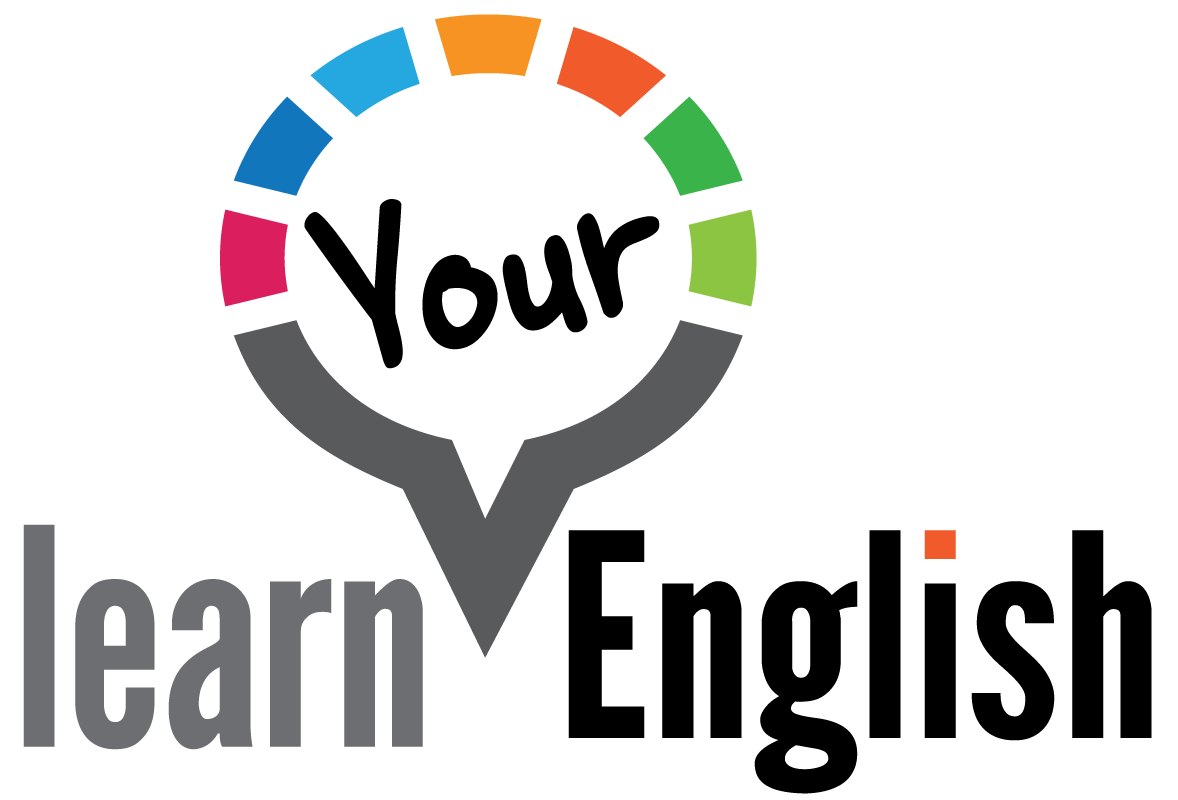The Advantages of Using Dictogloss
A dictogloss is not an exercise where learners write all the important ideas. Instead, they focus on keywords and phrases, which are then used as a base for the reconstruction of the text. A dictogloss is almost like an exercise in note-taking without the notes and it provides many advantages:
Provides a sharper focus on the mental process of listening, without interference from the process of writing;
Adds a welcome change of pace from traditional activities in the classroom;
Reduces the cognitive load of a task by priming the learners’ prior experience well before they do the task;
The preparation for the dictogloss provides learners with ideas, language items, and text organization clues so that they can focus on the skill bit, which in this case is ‘writing’;
Integrates multiple skills (reading, writing, listening, and speaking) and systems (lexis, vocabulary, discourse, and pronunciation);
Provides ‘negotiation of meaning’ - which is essential for language acquisition - as it requires learners to listen, talk, collaborate, take notes, draft, redraft, and present orally (Long, 1991; Pica and Doughty, 1983 & 1984);
Encourages authentic and meaningful communication (Swain & Lapkin, 1995);
Draws learners’ attention to key features of English, which are a key aspect of English as an Additional Language good practice (NALDIC, 1999);
Stimulates scaffolding of learning in that learners are dealing with language slightly above their level (Vygostky, 1978; Gibbons, 2002);
Contributes to the development of academic language (Nagy & Townsend, 2012);
Provides opportunities for language to emerge, especially during the task reconstruction and the error analysis where language can be refined (Thornbury & Meddings, 2009)







